7 Reasons Some People Keep Choosing the Wrong Partners
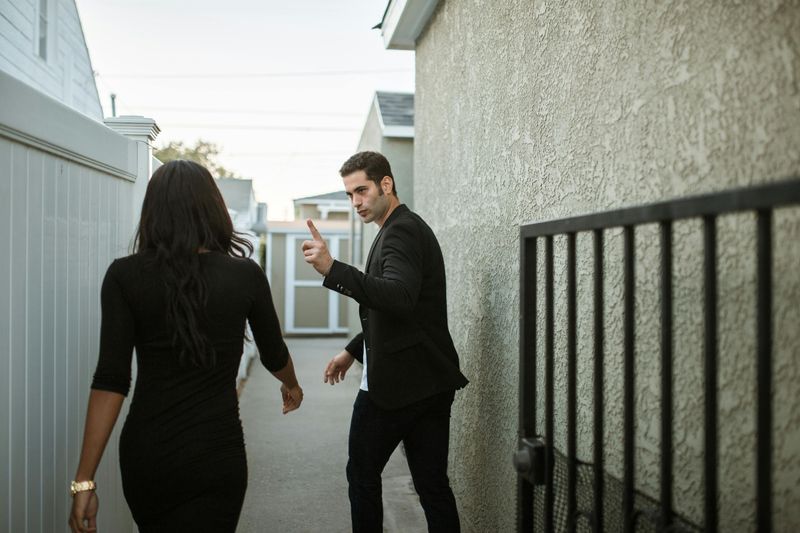
Ever wonder why some people seem stuck in a loop of bad relationships? It’s not just bad luck. Many folks end up with the wrong partners over and over because of hidden patterns they don’t see. These patterns come from our past experiences and how we think about ourselves. Understanding why we pick who we pick is the first step to finding someone who’s actually good for us.
1. Childhood Blueprint Shapes Adult Love
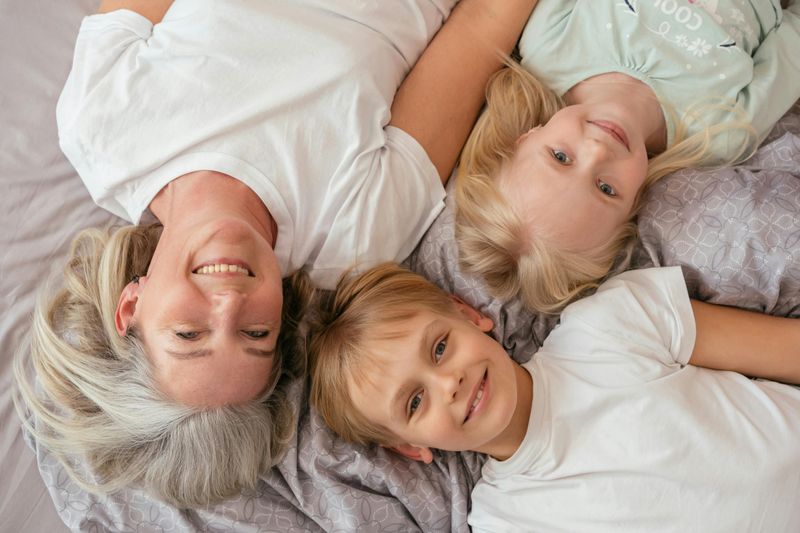
Our early family life creates a map for future relationships. Growing up with parents who fought a lot or showed little affection? You might find these familiar patterns comforting, even when they hurt.
A child who received love only when achieving something may seek partners who value them just for what they do, not who they are. These blueprints operate beneath our awareness.
Many people unconsciously recreate their childhood environments because the familiar feels safe, even when it’s unhealthy. Breaking free starts with recognizing how your past influences your partner choices today.
2. Fear of Being Alone Drives Poor Choices
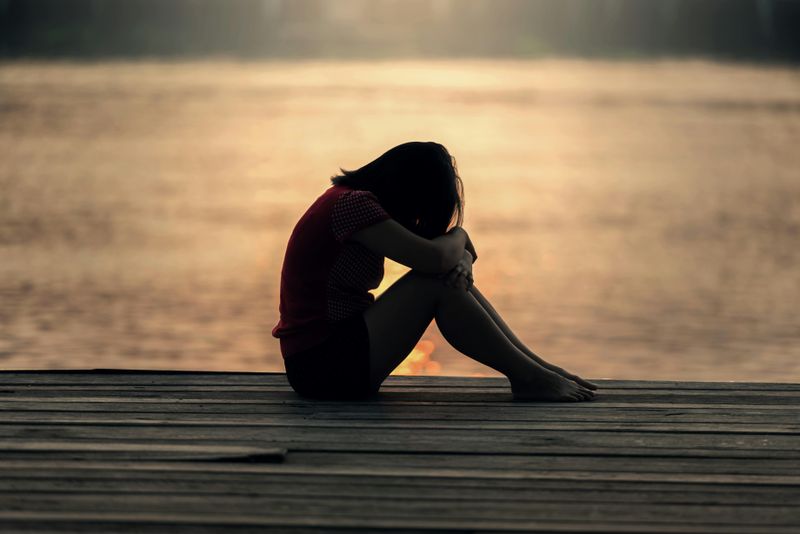
Sometimes the terror of loneliness pushes people into relationships they know aren’t right. The empty apartment, holidays without a plus-one, or facing life’s challenges solo can feel scarier than staying with someone wrong.
This fear creates a sense of urgency that clouds judgment. When panic about being single takes over, standards drop dramatically. You might ignore red flags that would normally send you running.
Learning to enjoy your own company and building a fulfilling single life actually increases your chances of finding a healthy relationship. Counterintuitive but true: comfort with solitude leads to better partner choices.
3. Low Self-Worth Creates Magnetic Attraction to Toxic Partners
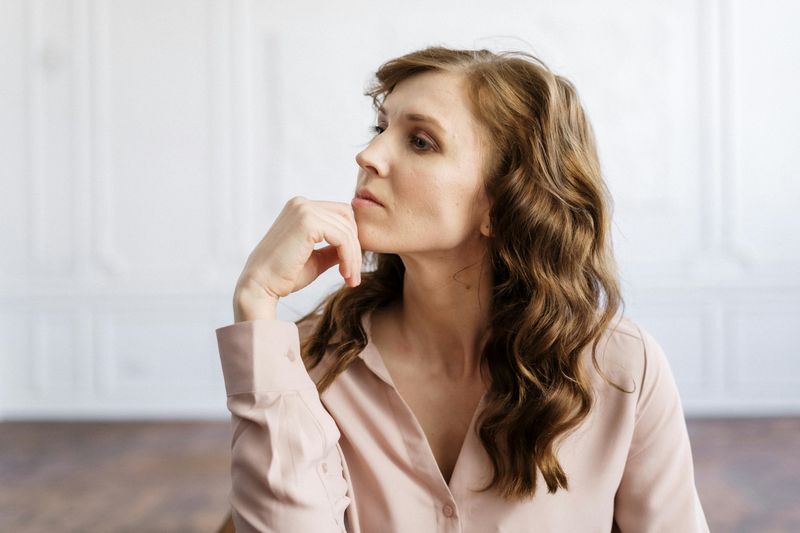
People who don’t value themselves often feel drawn to those who confirm their negative self-image. If you secretly believe you’re unlovable, you’ll find someone who treats you that way – it feels strangely “right” because it matches your inner beliefs.
This explains why smart, capable people stay with partners who put them down. Their inner critic already says the same things their partner does.
Breaking this pattern means challenging those core beliefs about your worthiness. When you truly believe you deserve respect and kindness, partners who can’t provide that will lose their mysterious pull over you.
4. Mistaking Intensity for Love Creates Addiction Cycles
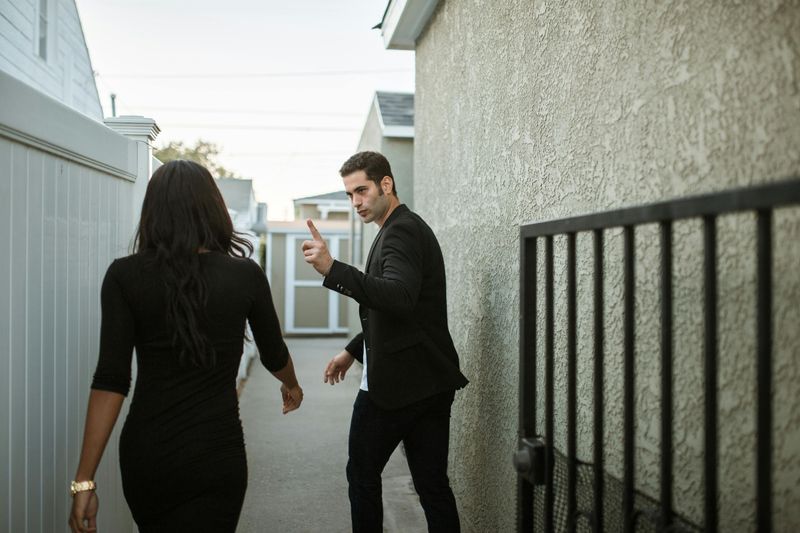
The rollercoaster relationships – full of dramatic fights and passionate makeups – often get mistaken for deep love. In reality, this intensity is usually anxiety and insecurity wearing a convincing disguise.
Our brains can become addicted to the chemical rush of these high-drama connections. The unpredictability creates a reward pattern similar to gambling: you never know when you’ll get the emotional payoff, which makes it extra addictive.
Healthy love feels calm, secure, and sometimes even boring compared to these adrenaline-fueled relationships. Many people keep choosing intense partners because stable connections don’t provide the same neurochemical high they’ve grown accustomed to.
5. Unresolved Trauma Creates Unconscious Attraction Patterns
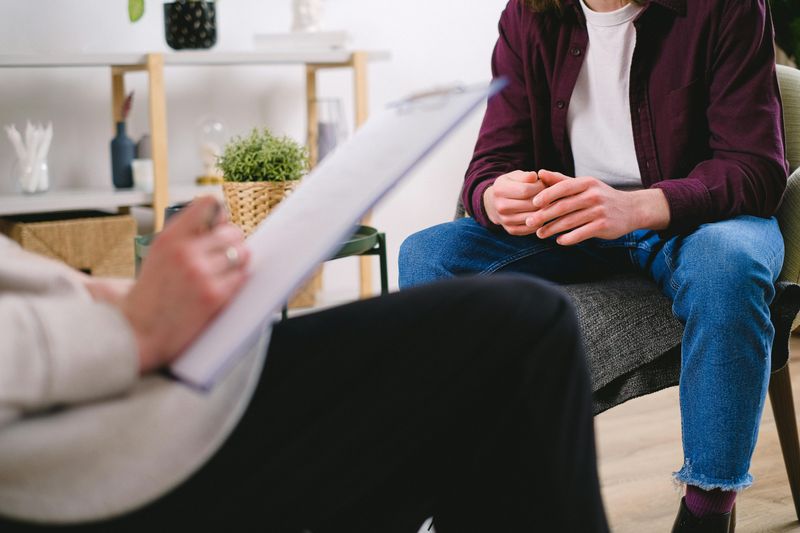
Trauma leaves invisible fingerprints on our attraction systems. Someone who experienced betrayal might unconsciously seek out untrustworthy partners in an attempt to “fix” or resolve the original wound.
Our brains have a strange way of trying to heal – by recreating similar situations hoping for different outcomes. This explains why abuse survivors sometimes find themselves with multiple abusive partners despite consciously wanting safety.
Professional help can illuminate these hidden patterns. Therapy helps identify trauma triggers and attraction templates operating below your awareness. Many people report their “type” completely changing after healing core wounds, suddenly finding themselves drawn to healthy partners they would have found boring before.
6. Comfort in Familiar Pain

The devil you know feels safer than the angel you don’t. Many people unconsciously seek partners who trigger familiar emotional patterns, even painful ones, because predictability feels more comfortable than the unknown.
Growing up with certain relationship dynamics—even unhealthy ones—creates a blueprint for what feels normal. When someone treats you similarly to how you’ve always been treated, your brain registers it as ‘right’ even when it hurts.
Breaking this cycle requires recognizing that discomfort with healthy relationships doesn’t mean they’re wrong for you. Sometimes the most loving relationships feel strange at first simply because they lack the drama and pain you’ve grown accustomed to.
7. Misreading Red Flags as Chemistry
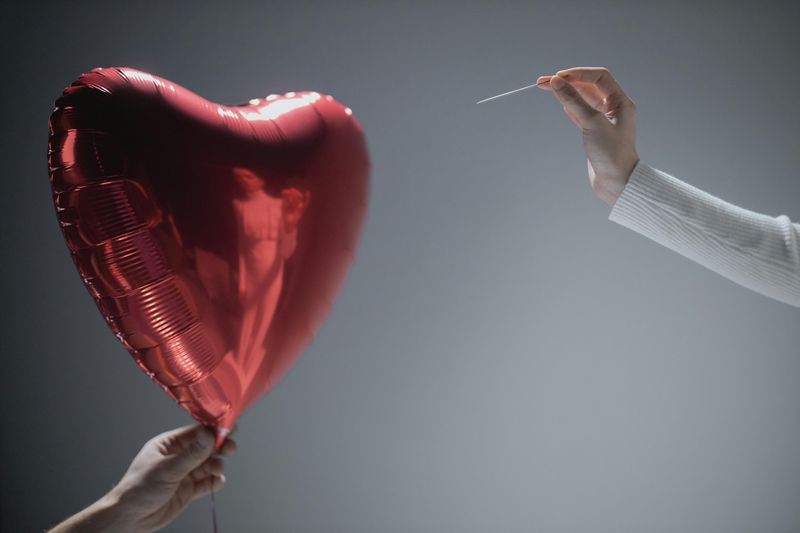
That flutter in your stomach when someone gives you mixed signals? It’s often mistaken for butterflies when it’s actually anxiety. Your body trying to warn you.
The excitement of wondering where you stand with someone creates a dopamine rush easily confused with genuine connection. Hot-and-cold behavior, jealousy tactics, and the thrill of finally winning someone’s attention can feel intoxicating.
Learning to distinguish between authentic chemistry and the adrenaline of emotional uncertainty is crucial. Real connection feels calm and secure, not like an emotional rollercoaster. When someone consistently shows up and communicates clearly, it might seem boring at first—until you realize that’s what healthy love actually feels like.

Comments
Loading…